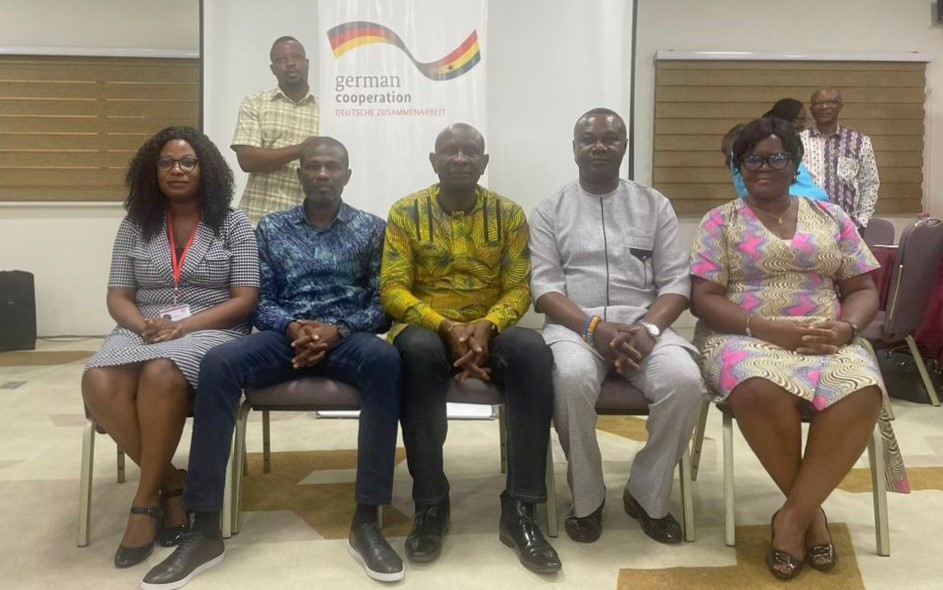By Alphonse Kumaza
Accra, July 22, GNA – The Ministry of Tourism, Arts and Culture in its efforts to revitalise the sector and promote sustainable and inclusive growth in Ghana, held a workshop at Ho from July 9 – 11, 2024 to validate its first-ever comprehensive sector-led tourism policy.
The policy, developed after extensive consultations with stakeholders, outlines a strategic framework to enhance the tourism experience, preserve cultural heritage, and ensure environmental sustainability.
The collaborative partner, Deutsche Gesellschaft Fur Internationale Zusammenarbeit (GIZ Ghana), working on behalf of the German Government, was profoundly helpful in the organisation of the workshop.
This collaboration leverages the connection between the Tourism Policy and the Diaspora Policy and aligns the strengths of these policies to support and advance development-oriented migration, socio-economic growth, and development in Ghana.
Ghana’s approach to harnessing the potential of its Diaspora is encapsulated in the Diaspora Engagement Policy (DEP), which was launched in December 2023.
This policy is designed to foster a deeper connection and collaboration between Ghana and its global Diaspora, inspiring the return of skills and investment to the motherland.
The Tourism Policy, which was validated in the intellectually-based workshop organised by the Ministry and partially funded by GIZ, sought to provide a philosophical and directional blueprint to guide all tourism activities in the country and provides a framework that supports lead migration institutions on Diaspora integration and internalization.
The ‘Year of Return’ and “Beyond the Return” initiatives, which have successfully drawn the Diaspora population to Ghana, deserve a tourism sector policy that will provide a broad frame for effective Diaspora coordination, governance, and tourism activities.

The synergy between the two policies is pivotal for advancing development-oriented migration, as it creates a conducive environment for the Diaspora’s contribution to national development through remittances, knowledge transfer, and tourism promotion.
The DEP aims to empower the Diaspora to participate actively in Ghana’s development drive, leveraging their expertise and resources across various sectors of the national economy.
This policy also aligns with the National Tourism Development Plan (NTDP) 2013-27, which seeks to enhance infrastructure, diversify tourist attractions, and improve the visitor experience, thereby making tourism a key driver of economic growth and employment generation.
Additionally, the Tourism and Diaspora policies relationship is instrumental in diaspora engagement, as it provides a platform for Ghanaians abroad to reconnect with their roots and contribute to socio-economic growth.
The Government’s commitment to creating a tourism sector that contributes significantly to Ghana’s Gross Domestic Product is demonstrated through initiatives aimed at improving service delivery and infrastructure, thus making Ghana an attractive destination for the Diaspora and international tourists.
Deductively, the strategic inter-connection between Tourism and Diaspora policies promotes socio-economic growth, strengthens ties with the global Ghanaian community, ensures inclusive development and benefits the country from the rich tapestry of its Diaspora’s contributions.
GNA
The writer, Dr Alphonse Kumaza, is the Acting Director, Policy Planning, Monitoring and Evaluation, Ministry of Tourism, Arts and Culture